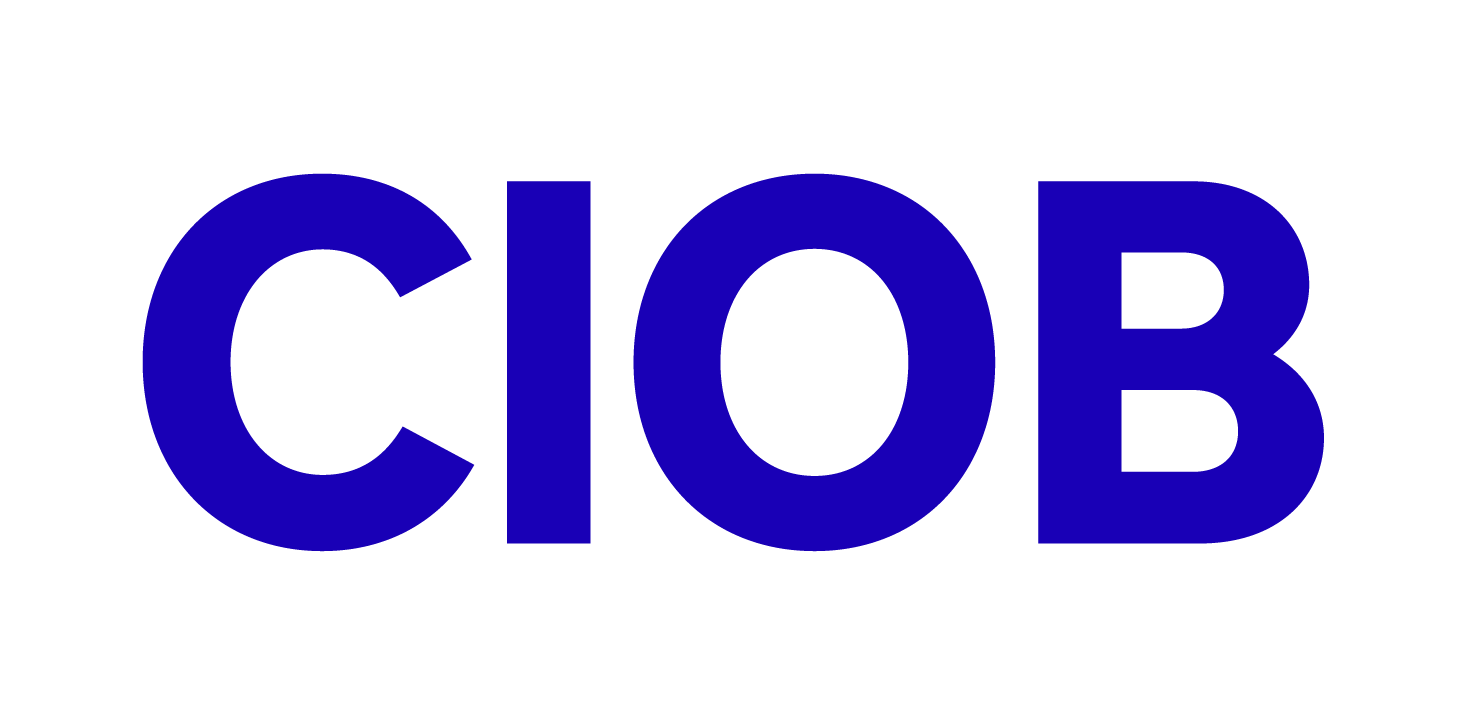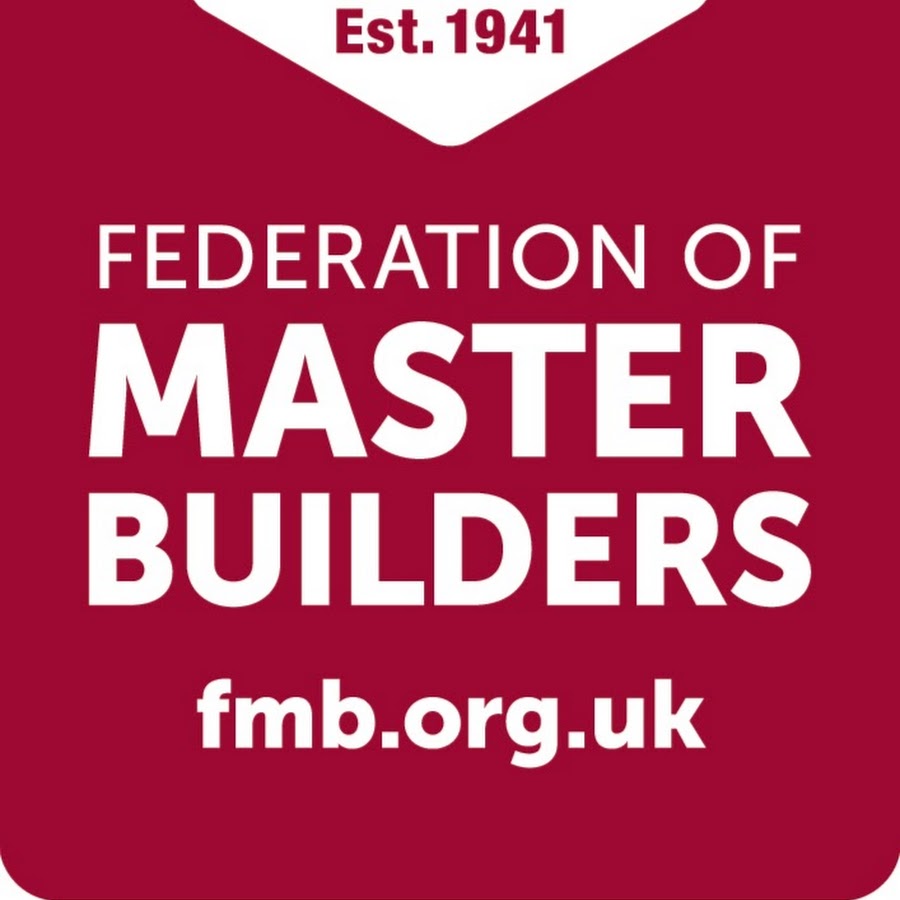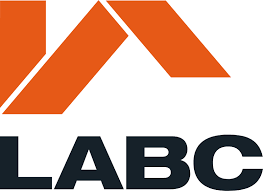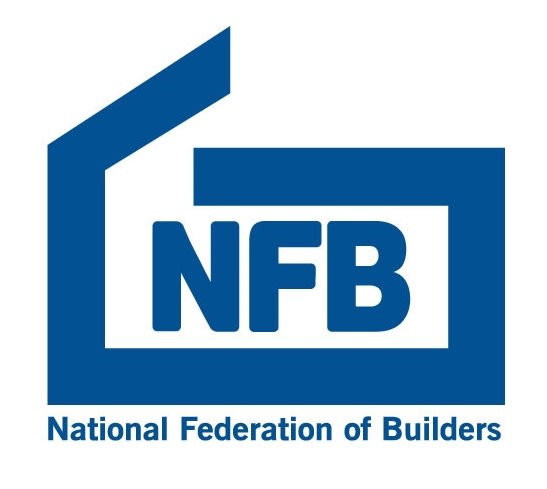What progress have we made towards supply chain management relationships?

This month Martyn Jones has been reflecting on relationships, and more particularly, the inter-organisational relationships associated with supply chain management (SCM).
In 2002, he along with coresearchers, published ‘A review of the progress towards the adoption of supply chain management (SCM) relationships in construction’ in the European Journal of Purchasing and Supply Management,
At that time, it was being strongly argued that SCM, which was proving to be successful in other industries, particularly manufacturing, could be similarly adopted in construction.
Based on empirical research the authors argued that although SCM relationships could address many of the issues impeding improvements in construction’s performance, there were also specific features of our industry – such as being project-based and its operating system – which rendered it difficult to fully implement in the context and culture of construction.
Since then, construction frameworks have become widely recognised as the best approach available to us in delivering the transformational improvements advocated by Latham and Egan, and provide a way for construction to get as close as possible to the inter-organisational relationships associated with SCM.
Private clients have always had much greater scope to innovate and forge closer relationships with their preferred construction suppliers. Public clients, however, were often constrained by strict governance and procurement rules.
And looking at the scope for changes in relationships, it is also necessary to differentiate between regular and frequent clients of the industry. Regular clients have the necessary flow of work and hence the incentive and necessary influence and leverage to nurture longer-term SCM-type relationships.
In 2004 the situation changed for public clients when public sector frameworks were formally introduced into European legislation through EU Directive 2004/18/EC of the European Parliament for the coordination of procedures for the award of public works contracts. This formally released
the potential benefits that could flow from the stronger relationships arising from longer-term arrangements and closer relationships with fewer but carefully chosen trusted suppliers.
With the emergence of framework providers and multi-client frameworks even infrequent and public clients of construction were now able to benefit from frameworks and to some extent SCM-type relationships – including the development of greater mutual understanding, the empowerment of main and specialist contractors, and opening up opportunities for shared learning, and building mutual competitive advantage.
And in another shift, 2022 saw the publication, of ‘Constructing the Gold Standard: An Independent Review of Public Sector Construction Frameworks’, produced by Professor David Mosey. His review of the over 2,000 public sector frameworks that now exist, represents a robust and valuable insight into the progress that public clients have made in adopting SCM type relationships and sets the “gold” standard for frameworks.
What does David’s review have to say specifically about relationships? Well, for example, he calls for “multi-party relationships that align objectives, success measures, targets and incentives with commitments to joint work on improving value and reducing risk”.
Also, “Transparent costing, call-off, performance measurement and incentives that provide a fair return for suppliers and drive value rather than a race to the bottom and framework management systems that support collaboration and dispute avoidance”.
David’s review provides 24 recommendations number 23 of which “recommends improving framework outcomes by creating collaborative systems for the management of framework relationships and strategic supply chain relationships”.
There is more. “To drive improved framework outcomes through clear mutual understanding, effective problem-solving and dispute avoidance, this review recommends that framework providers, clients and managers create collaborative systems for managing framework relationships and that these are mirrored by suppliers in strategic supply chain relationships. These systems should include a ‘Core Group’ or equivalent joint decision-making group through which to manage strategic planning, value improvement, risk reduction and dispute avoidance.”
Does this take construction near to emulating the SCM relationships achieved in other sectors of the economy? Not really, as there are still many features of construction that set us apart from other sectors of the economy in the pursuit of SCM.
And the world has moved on. Yet this review suggests that much of construction is still playing catch up in exploiting the opportunities presented by closer relationships and integrated processes that have dominated thinking in the past 25 years or so, and not looking enough to exploiting the possibilities in the emerging paradigm.
David does nudge us in the direction of the new paradigm. For example, “Recommendation 13: Improve economic, social and environmental outcomes through framework early supply chain involvement (ESI), using Supply Chain Collaboration systems in all framework contracts.”
In a similar vein, with “Recommendation 11: Improve supplier investments in MMC and other offsite technologies by awarding framework call-off contracts for portfolios of work.”
And, “Recommendation 12: Create a whole life golden thread of asset information using BIM and other digital technologies integrated under a framework alliance contract.”
So yes, many parts of our industry have made considerable progress since 2002 in adopting SCM-type relationships despite the barriers in our traditional operating system. But have we have moved as far and as fast as we might have done, or needed to, in exploiting the opportunities of the existing paradigm? Probably not. And does this mean that we are not as prepared as we might be to respond to the opportunities in the new digital paradigm?
















